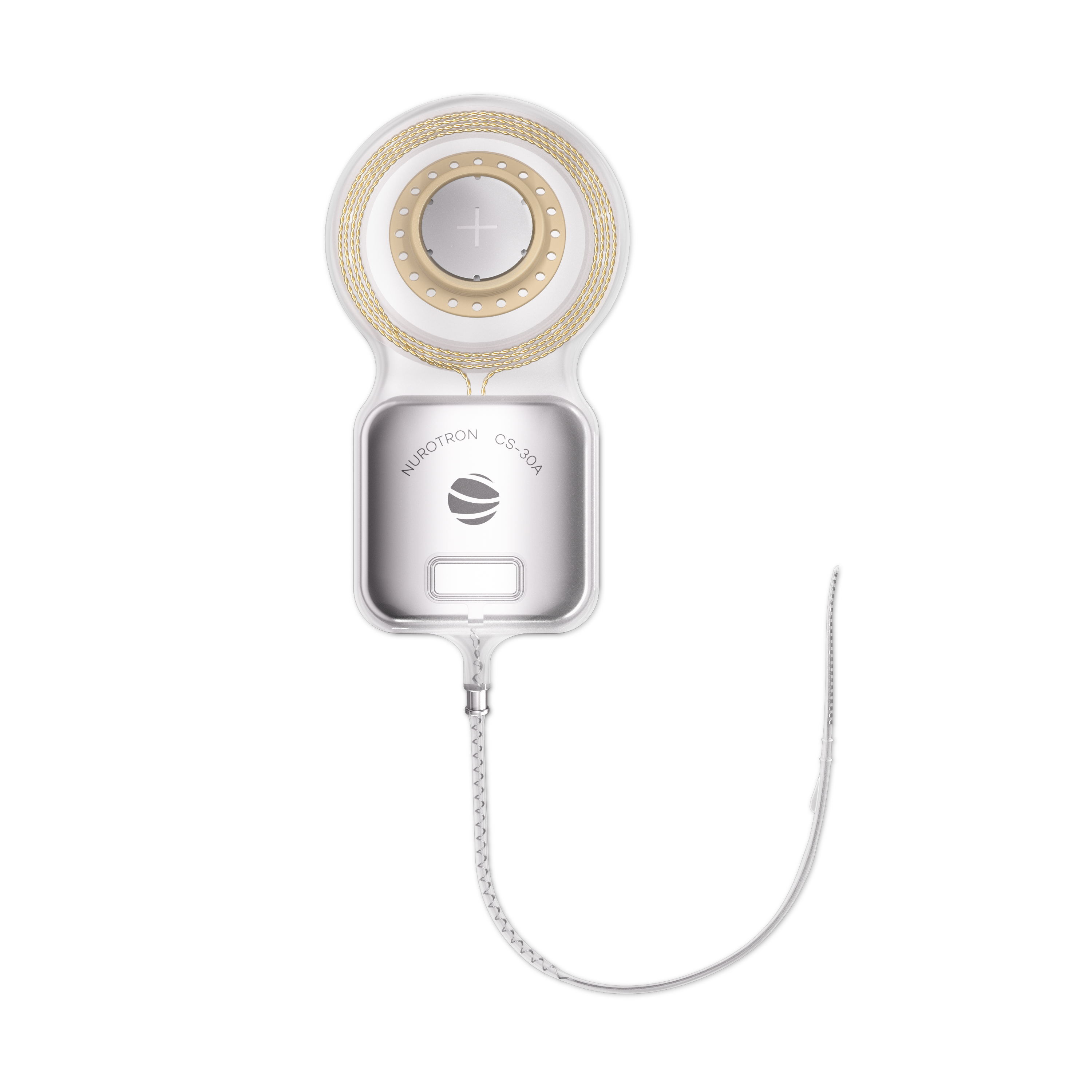Have you ever wondered what happens when someone with a cochlear implant needs an MRI? It’s a fascinating topic that blends medical technology with the complexities of hearing solutions. As someone who has dived into this subject, I can tell you that understanding cochlear implant MRI compatibility is crucial for both patients and healthcare providers.
The Lowdown on Cochlear Implant MRI Compatibility
Cochlear implants are incredible devices that help people hear by bypassing damaged parts of the ear. However, one major concern is their compatibility with magnetic resonance imaging (MRI). Not all cochlear implants are created equal; some can safely undergo MRIs while others may not be compatible at all. This discrepancy often leads to confusion among patients who might need imaging for various health reasons. It’s essential to consult your audiologist or ENT specialist before scheduling an MRI if you have a cochlear implant!
Understanding Cochlear Implant Attachment

The attachment of a cochlear implant involves several components, including an internal electrode array and an external processor. The way these parts interact can significantly affect how well they perform during procedures like MRIs. Some manufacturers have designed their devices specifically to withstand the strong magnetic fields generated during scans, but it’s always best to double-check which model you’re using! Knowing whether your device has been tested for safety in such environments can save you from unnecessary complications down the line.
Find more about cochlear implant attachment.
Nurotron’s Role in Cochlear Technology
Nurotron is one company making waves in the world of cochlear implants, particularly regarding innovation and patient safety. They focus on developing advanced technologies that enhance auditory experiences while also considering factors like MRI compatibility. Their commitment to research means they’re constantly working towards improving device designs so users don’t have to worry about potential risks when undergoing diagnostic imaging.
Wrapping It Up
In conclusion, understanding cochlear implant MRI compatibility is vital for anyone living with these remarkable devices. With advancements from companies like Nurotron paving the way for safer options, there’s hope for seamless integration between hearing technology and necessary medical procedures like MRIs. So next time you’re faced with needing an image scan, remember: knowledge is power—especially when it comes to keeping those ears healthy!

